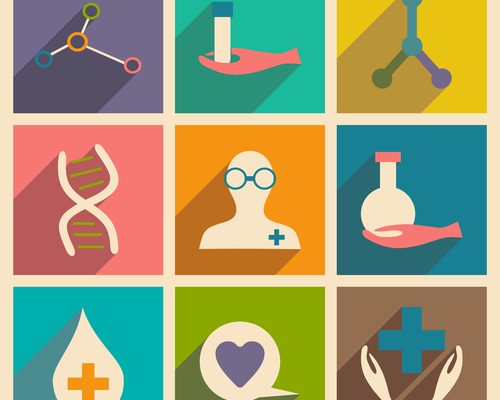
While Americans face unique health risks, thanks to modern clinical research and medical advancements, our overall life expectancy has increased in the past 100 years. Clinical trial participants provide researchers with invaluable data. However, with so many different study options, it can be overwhelming to find the right study, with applicable requirements, in a convenient location. Here are a few different resources that prospective volunteers should bookmark to simplify the process of finding and signing up for a clinical study.
As a service of the U.S. National Institutes of Health, clinicaltrials.gov provides a full database of:
This website directly in accordance with the Food and Drug Administration Modernization Act of 1997 (FDAMA). “FDAMA required the U.S. Department of Health and Human Services (HHS), through NIH, to establish a registry of clinical trials information for both federally and privately funded trials conducted under investigational new drug applications to test the effectiveness of experimental drugs for serious or life-threatening diseases or conditions.”
This website aggregates all of the different clinical trials across the country. Currently, 229,011 studies are in progress across all 50 States and in 193 countries. As a result, researchers need diverse participants for studies ranging from mental health to HIV/AIDS, and cancer to alcoholism. Interested clinical trial participants can sort studies by topic, location, enrollment status or required pre-existing conditions.
The National Institutes of Health (NIH), “serves as the nation’s medical research agency — making important discoveries that improve health and save lives.” With a goal of promoting the health and wellbeing of Americans, the organization is made up of 27 different components, each which focus on a different part of the body or illness, with respective budgets, staff, and facilities. “Some research is performed on campus in state-of-the-art laboratory facilities; although more than 80% of research activities are conducted by scientists working in every state and around the world.”
Under the U.S. Department of Health and Human Services, the goal of NIH is to foster creative discoveries and innovative research to improve Americans’ health; develop, maintain and expand new scientific knowledge to help prevent disease; to hold researchers to the highest level of accountability; and also to ensure the public’s return on investment with regard to research.
The U.S. Food & Drug Administration, or the FDA, protects consumers health and wellbeing by regulating medications and medical devices, intended for consumption by the general public. The FDA is also “responsible for advancing the public health by helping to speed innovations that make medical products more effective, safer, and more affordable and by helping the public get the accurate, science-based information they need to use medical products and foods to maintain and improve their health.”
Additionally, the Center for Drug Evaluation and Research, under FDA authority, monitors all products consumers interact with. From toothpaste to lotions to back pain relief, this important government agency reviews medications across the board. Visit their website to learn more about the latest drug technologies and approvals.
If you are interested in learning more about clinical trials, our staff at OCRC is happy to offer tours at our state-of-the-art clinic to volunteers who meet study criteria. Visitors receive firsthand experience in our clean and stress-free space located in sunny Orlando, FL. Additionally, if any prospective clinical trial volunteers have questions or are seeking trials for a particular condition, we are available to help them find a location that may be recruiting, even if we do not have any related open studies.
